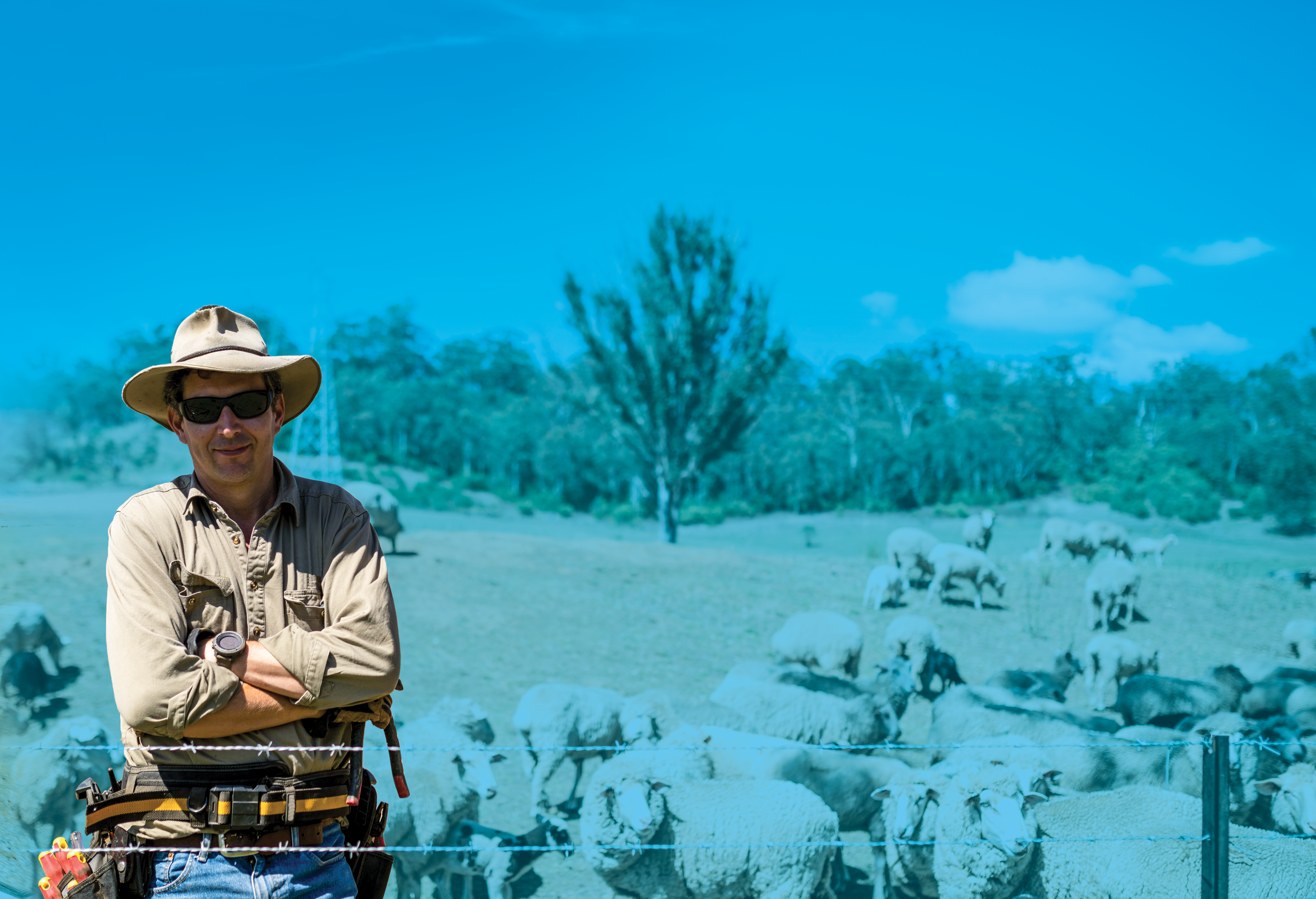Conducting health research
Improving healthcare and saving lives through rural health research
Rural Doctors Foundation is working to provide meaningful and tangible improvements to rural health. Apart from offering grassroots health funding, we’re developing rural health research to understand and advocate for incredibly diverse rural and remote communities.
Understanding the health disadvantages
Australian Government data shows that rural and remote Australians have poorer health outcomes than those living in major cities. The mortality rate for rural and remote people is 1.8 times higher. And there are higher rates of hospitalisations and injury. As well, 3 in 5 rural people don’t see a specialist when they should, because there isn’t one close by. Many rural Australians travel long distances or face long waiting times for medical care. These factors can have a significant effect on individual health outcomes.
Face to face research
Rural Doctors Foundation surveys rural and remote people whilst delivering life-saving health checks. The face-to-face nature of the model provides insight into major health issues facing rural and remote Australians. We are exploring access to health care and what the health care priorities are for those living in rural and remote communities.
We also conduct research to understand the health needs of our rural health practitioners with the aim of provide support program that keep them healthy and in their rural communities.

2018 results
92 health checks conducted at BEEF 2018.
Median age
55-64 years old
(Much higher than Australia’s median age of 37).
Sex
Risk of developing Type 2 diabetes
Body Mass Index (BMI)
Chronic health risk
Risk of developing cardiovascular disease next 5 years
Public Health research
The first round of rural health research was conducted in 2018 and we have continued to build on this body of work since that time. Our Public Health Survey focuses on finding out more about access to urgent and non-urgent medical care, perceived health status and major healthcare issues.
Results of the survey were published in the research paper, Health Outcomes and Issues Facing Rural and Remote Communities
Research from the Public Health Survey has informed future activities of Rural Doctors Foundation. It has provided a basis for an ongoing rural health research program to better understand and serve those living in rural and remote communities. As well as informing our grants programs. Ensuring that funding is provided to initiatives and regions that will gain the most benefit from the investment.
Subsequent surveys have also investigated specific considerations of Primary Care, the effects of recent Natural Disasters and COVID-19 Pandemic on health care access.
Health needs of our rural health practitioners
In 2023,we conducted research to understand the barriers that rural health practitioners face in accessing health care. We identified key issues including the difficulties in receiving independence of care, continuity of care, and the tyranny of distance that results in many health practitioners neglecting their own health. This can often lead to burn out and stress, with many health practitioners choosing to leave rural health practice.
Read the findings of our research report, The health of our rural practitioners 2023.
“44% of respondents felt the health practitioners in their town did not receive best practice continuity of care.”

